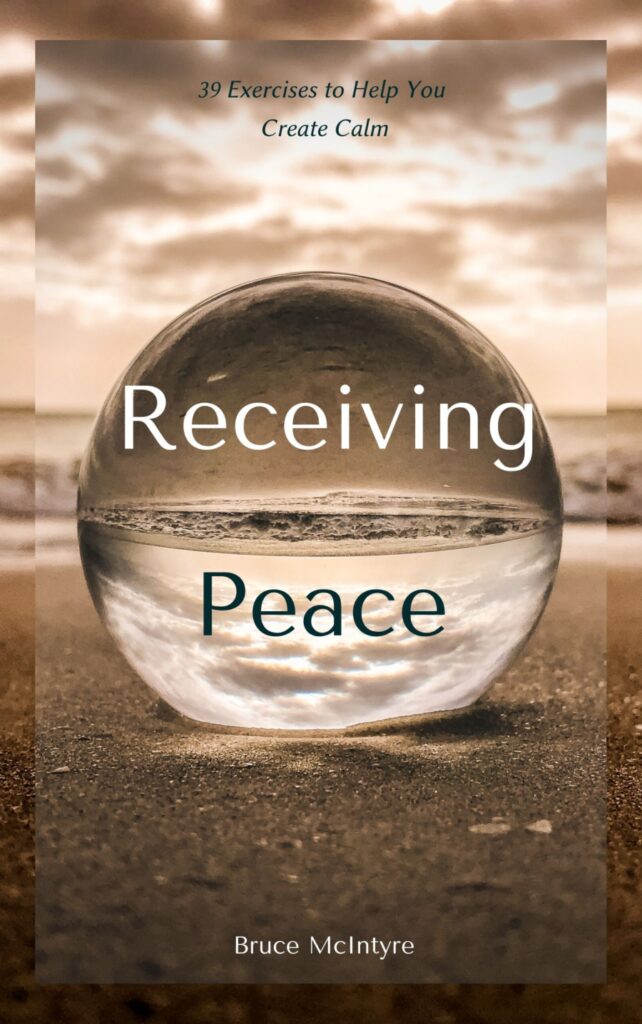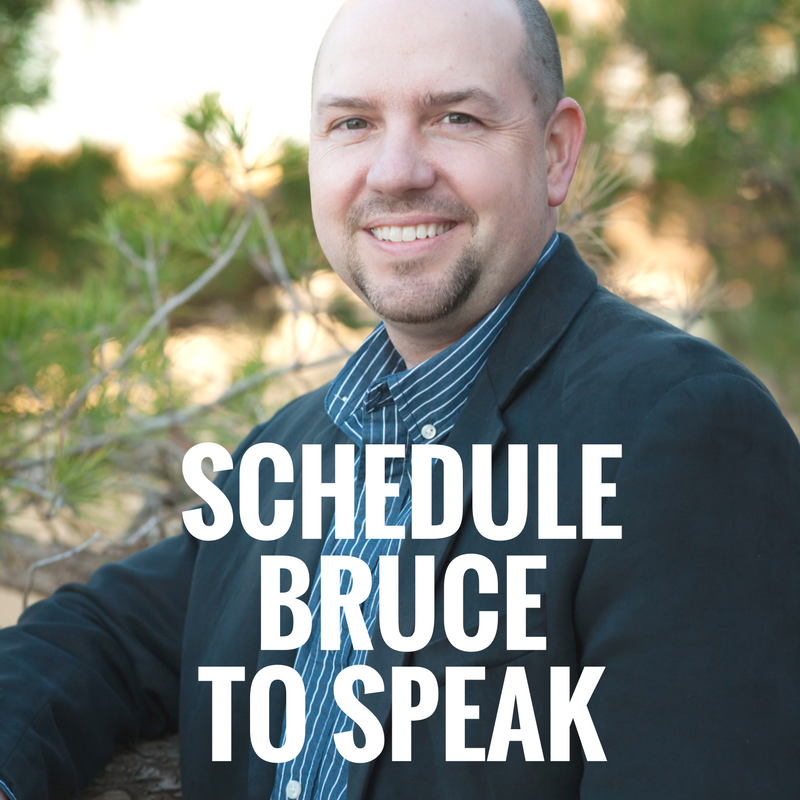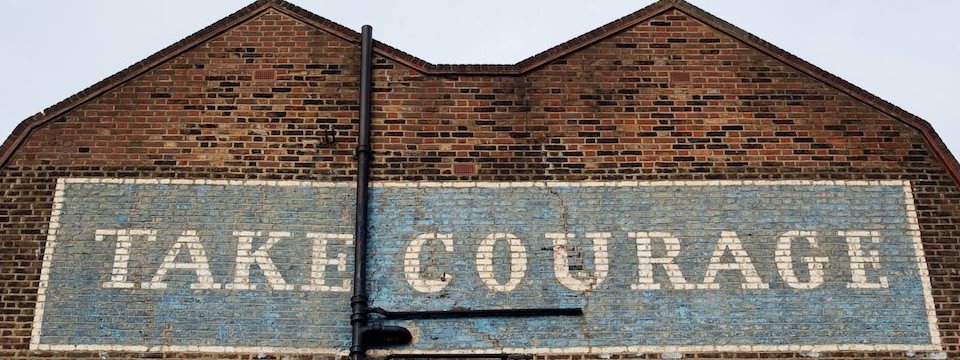Timeless Truths #2
“Suffering is inevitable and universal. But how we respond to suffering differs,” observes Dr. Edith Eger. “The truth is, we will have unpleasant experiences in our lives, we will make mistakes, we won’t always get what we want. This is part of being human.”
Sometimes you can easily get mired down in the problems, regrets, and anxiety. It happens to everyone in varying degrees. Sometimes the problem arises from our own habits.
So, how can you begin to re-emerge from the abyss? Dr. Albert Ellis taught that “to change our behavior, we must change our feelings, and to change our feelings, we change our thoughts.” Read that again.
For instance, you might identify a problematic behavior or habit. When it occurs, cut to the heart of the matter and ask yourself what you’re feeling as it occurs. The act of defining the feeling actually serves as a bridge to better thought, clarifying the feeling and moving into a more analytical mode. What erroneous thoughts are driving these bad feelings? How might you replace them with better thoughts?
Here’s a specific and more light hearted example. Several years ago, I realized I was becoming increasingly agitated and angry in traffic. So, I identified a problem habit and how quickly the feeling of anger rose up in me. When I used this exercise to analyze why I was feeling mad, I quickly realized how ridiculous this was and that it wasn’t really about traffic that much at all. So, I began to change my thinking. For a while (and this is the funny part), I decided to sing blessings at other drivers like, “The Lord bless you and keep you!” Or, I decided to send a prayer or well wish to the person in the offending car. Instantly, my better thoughts calmed my feelings and I acted better, even laughing at myself.
Changing your behavior and feelings by intentionally changing your thoughts is no simple process, however. You will need lots of practice and perhaps some guidance. As you navigate the ups and downs of your life, however, this is a crucial concept that can lead to significant change for the good.
Worth Repeating
No one else is responsible for my freedom. I am.
-Dr. Edith Eger
The Choice
You can click here to purchase this book on amazon or you can probably find it in almost every bookstore.




